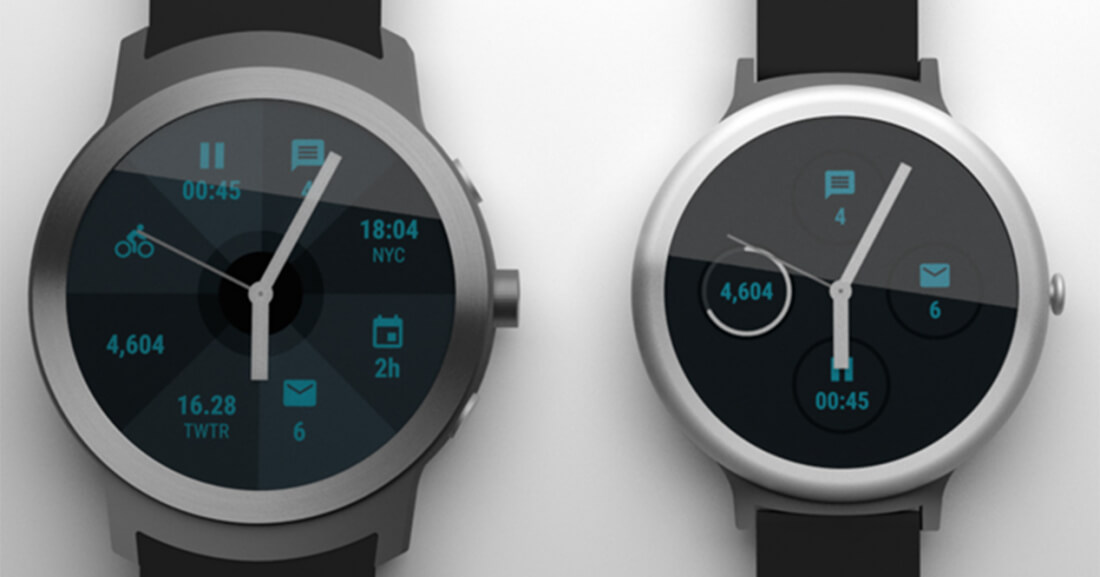
Data storage firm Seagate has released preliminary financial results for the fourth quarter of 2016, and while the stronger than expected forecast will be welcomed by the company, there's some bad news for its employees.
Seagate said demand for its range of hard drives was higher than anticipated, resulting in a projected fourth quarter revenue of $2.65 billion with gross margins of 25 percent. The company had predicted a Q4 revenue of $2.3 billion and non-GAAP margins of 23 percent.
Regarding the report, CEO Steve Luczo said: “The evolution of mobile and cloud data driven environments continues to define itself as requiring significant amounts of mass storage. HDD devices are where most data bits ultimately reside and our record HDD exabyte shipments in the June quarter, particularly due to enterprise demand, continue to support this thesis.”
However, the industry shift toward flash storage and cloud solutions, coupled with slumping PC sales, is a concern for Seagate. As such, the company is looking to make savings by consolidating its Asia, EMEA, and Americas footprint.
Essentially, this means a second round of job cuts will take place; 14 percent of its workforce – 6500 people – are to be laid off. It was only a few weeks ago when Seagate announced that its streamlining plans would result in 1600 employees being terminated.
According to the Wall Street Journal, most of the job losses will come from manufacturing operations. While these are mainly located in Malaysia and China, the company also manufactures in the US and the UK.
The restructuring plans will cost Seagate $164 million in pretax charges. The announcement caused Seagate's shares to jump 13 percent in after-hours trading yesterday.
https://www.techspot.com/news/65540-despite-positive-q4-results-hard-driver-maker-seagate.html